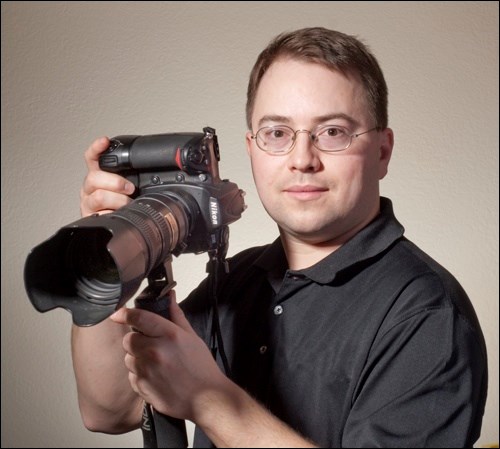It’s hard to put my finger on it, but there must be something in the water this fall when it comes to municipal elections.
Over the years I’ve covered city councils and elections in Saskatoon, Rosetown, North Battleford and filled in on occasion for Battleford. This fall, in several of Saskatchewan’s small cities, there are huge slates of candidates running, much more than I have ever seen.
Estevan is relatively tame. It has three candidates for mayor and 12 for six council positions.
In Weyburn there are only two candidates for mayor, but 14 running for six council positions.
North Battleford has 15 people running for the six positions on city council. However, it’s the outlier in that Ryan Bater has been acclaimed as mayor.
Swift Current has three people running for mayor and 17 running for six council seats.
Prince Albert has four mayoral candidates. There are 19 candidates for eight council seats. However, Prince Albert uses a ward system, with eight wards. Seven of those eight seats are contested, with only Ward 8 being acclaimed.
Moose Jaw has five people running for mayor and 23 running for council.
Yorkton has four mayoral candidates. It has a whopping 24 candidates for six council positions. That’s a four-to-one ratio of candidates to positions available. It’s insane!
Thus, it’s quite clear something is going on here. Whether the voter turnout will reflect the large number of candidates remains to be seen. But in Canadian democracy, generally speaking, new administrations are not so much voted in as old administrations are shown the door.
Perhaps there is a high level of dissatisfaction with current administrations? Maybe. But to gain some insight on this, I phoned the one guy on this list who was acclaimed as mayor, North Battleford’s Ryan Bater, a man I’ve known for many years.
He pointed out that, if you’re a political type in this province, your chances of getting elected are nearly zero unless you are with the Saskatchewan Party on the provincial level or Conservative Party on the federal level. There is, of course, a caveat for long-time Liberal MP Ralph Goodale, but otherwise, that’s the reality. So if you are of a different political stripe, and want to get elected, municipal politics may be the chance you seek. Since Saskatchewan does not have political parties at the municipal level, a person can run at that level without the baggage a political party might entail.
In his own case, as former leader of the Saskatchewan Liberal Party, he couldn’t crack 15 per cent at the polls in a provincial election. But when he ran for city council four years ago, he had the highest plurality of votes.
NewsTalk radio host John Gormley has long espoused a similar sentiment, noting that unelected provincial NDP politicians often revert to the municipal level. Deb Higgins, running for re-election as mayor in Moose Jaw, would be a prime example.
With oil, gas, potash and uranium all down at the same time, Saskatchewan is having a tough year economically. A wet harvest hasn’t helped the economic outlook in some areas, either. And that was before a looming carbon tax on everything gets imposed. When times are tough, that’s often when changes in government take place. That could be another reason for the huge influx of candidates.
I wonder how many of these candidates have been able to truly get some sort of message out there. I attended the first part of the Estevan candidate’s forum, and the huge slate meant very little time for each candidate to differentiate themselves. How much space in local newspapers has been devoted to each candidate? While community cable, like Access Communications, often covers candidate forums, how many people still even have the local cable connection, as opposed to SaskTel Max or satellite?
Yet, with today’s social media, it is possible for candidates to reach their audience. Live Facebook streams, Twitter, YouTube, targeted advertising to specific demographics – all these options are available to those running for office. But how many will actually take that step?
I don’t think most people realize the mayor position on council is just one vote, usually among seven. They don’t have overriding executive powers like a premier or prime minister. But they generally steer the direction of council, act as the city’s chief advocate and spokesperson, and are also the head complaint collector. When other levels of government wish to communicate with that community, it’s the mayor the minister calls.
It will be interesting to see the fallout on Oct. 26. If there are large-scale changes of councils, it will be a sign of “voting the bums out.” But if councils remain static, then it will be a strong affirmation in those who are incumbent, since there were plenty of options to pick a replacement.
Brian Zinchuk is editor of Pipeline News. He can be reached at [email protected].


.jpg;w=120;h=80;mode=crop)

